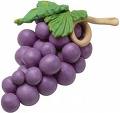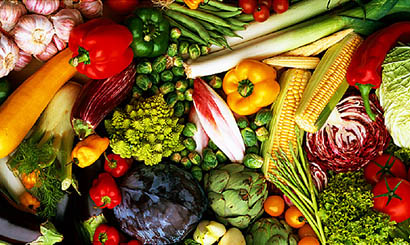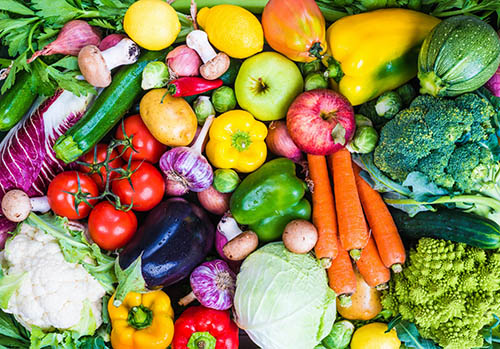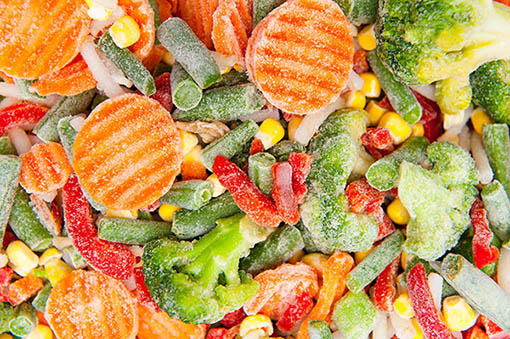The vegetables eaten are the main source of natural vitamins, mineral salts, fiber, sugars, proteins and only a small amount of energy. They also contain biologically active substances necessary for the proper functioning of the human body. In recent years it has been found, that the compounds contained in some species of vegetables have anti-cancer properties, they counteract coronary heart disease, they lower blood pressure and the content of harmful cholesterol. It needs to be highlighted that, that the beneficial effects on the body are obtained only with the regular daily consumption of various types of vegetables.
The total area of field vegetables cultivation is approx. 180 thousand. he has, while the collections are within limits 4,5-5,0 mln ton, which puts Poland in the forefront, among producers in Europe. So far, the consumption of vegetables in the country is approx 110 kg per person and is much lower than in many European countries (Italy, Greece, France), where it even exceeds 180-200 Kg. About 22% of consumed vegetables comes from long-term storage. According to research by the Institute of Agricultural and Food Economics (IAFE) consumption of basic species of fresh field vegetables per capita of Poland in households is: white cabbage – 6,6 Kg, beetroot – 2,8 Kg, edible carrots – 6,2 Kg, onion – 5,8 Kg.
Freshly harvested vegetables or stored in optimal conditions have a high nutritional value. In order to maintain the high quality of vegetables after harvesting, conditions must be created, which will reduce the intensity of life processes enough, to keep the vegetable tissue alive on the one hand, and on the other hand – slow down the aging process as much as possible. Because vegetables contain a lot of water and easily digestible substances, are exposed to both wilting and mechanical damage, and they are an excellent medium for the development of various pathogenic organisms, causing them to rot, which causes the amount of quantitative losses, and qualitative. Is estimated, that the amount of losses occurring from the moment of harvesting fruit and vegetables to the time of their consumption or processing in developed countries is 15%, while in developing approx 40%. Globally, the losses are estimated at 35%.
Losses, both quantitative, and the quality of fresh vegetables increase with the extension of their storage period. However, the high quality of vegetables, e.g.: long-term storage can be ensured by systematic protection of the plantation throughout the growing season, with both conventional fungicides, as well as products of natural origin.
Estimated data on storage shows, that more and more carrots and onions are being stored in modern warehouses and cold stores. However, a significant part of the production of these vegetables is stored in primitive conditions, e.g.: basements, mounds, attics. Similarly, red beets are stored in large quantities in mounds, where they keep very good firmness and juiciness. By contrast, almost all Chinese cabbage is stored in cold stores with a normal and controlled atmosphere. Head cabbage requires improvement, where it is necessary to build cold stores in the areas where it is grown.






